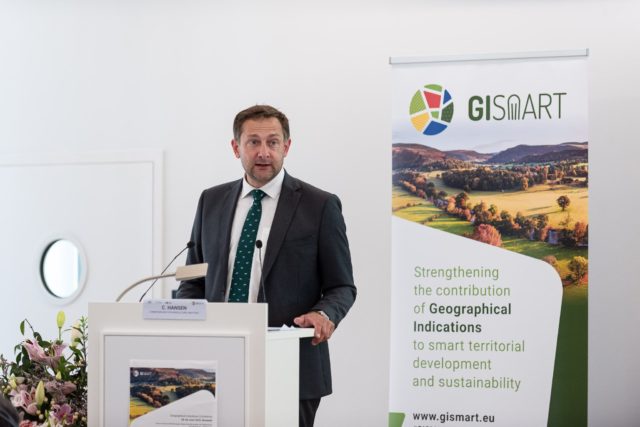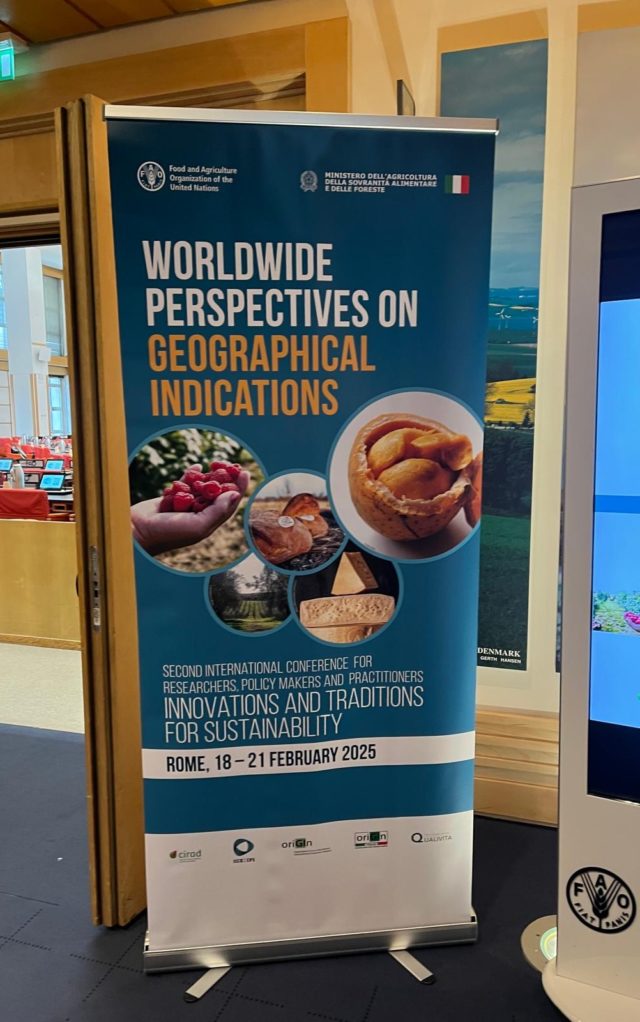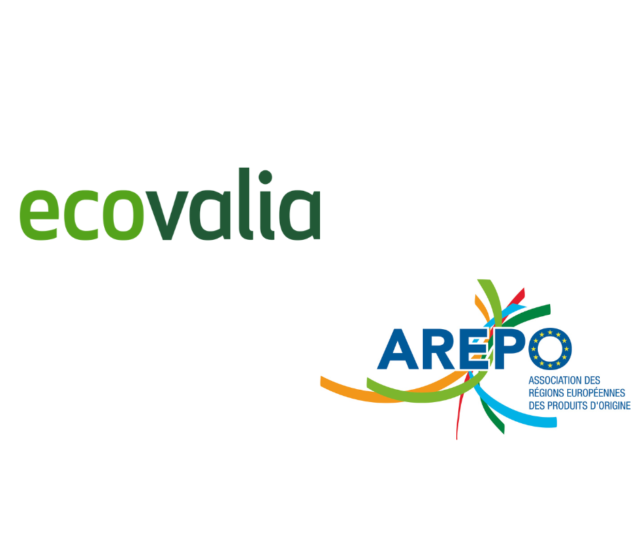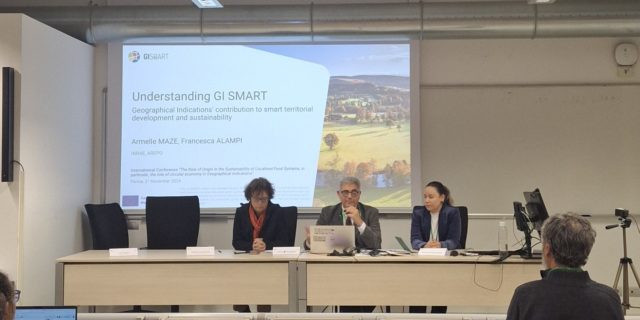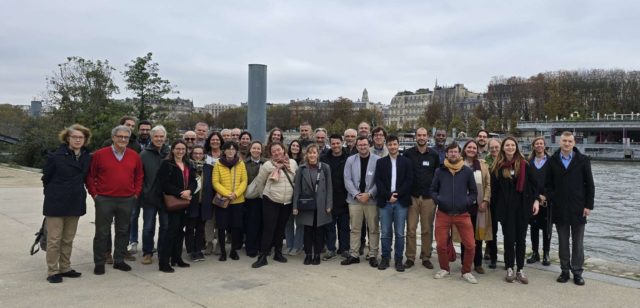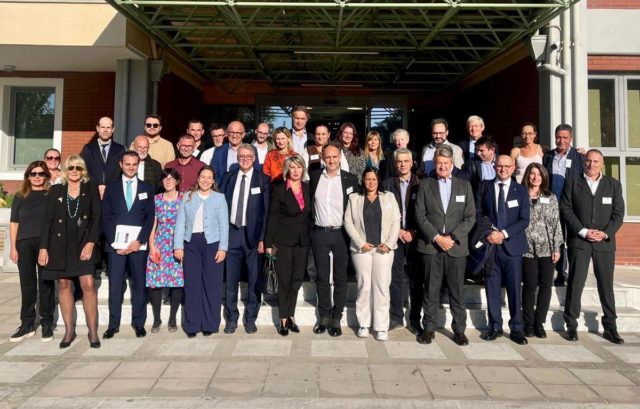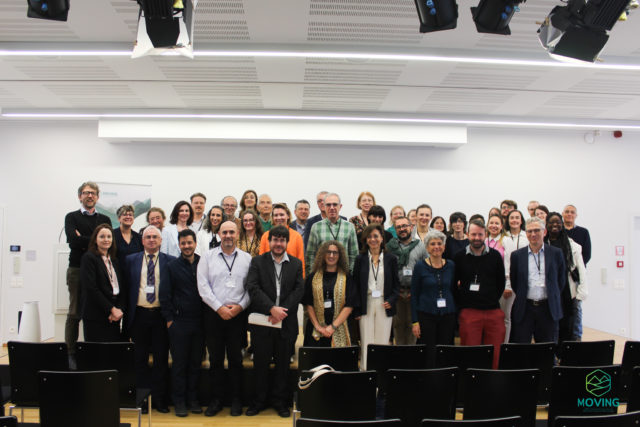This deliverable assembles the outcomes of a critical benchmarking process involving the cross-regional analysis of five clusters of mountain value chains. The analysis focused on assessing the contributions of these value chains to the sustainability and resilience of European mountain areas. The examination also delved into the trade-offs between the provision of public and private goods by value chains. This work is part of the WP5-Cross-case Comparison and Benchmarking of the MOVING project.
The objective of WP5 was to critically benchmark cross-regional clusters of value chains, focusing on vulnerability, sustainability and resilience criteria and analysing the trade-offs between the provision of public and private goods in mountain areas.
To achieve this objective, the 23 value chains were classified into five clusters addressing key challenges faced by mountain areas: Social and Demographic aspects (Cluster S), Value and Quality Products (Cluster V), Innovation and Infrastructures (Cluster I), Nature and Ecosystem Services (Cluster N), and Governance, Cooperation, and Territoriality (Cluster G). Each cluster grouped five to seven value chains.
Within each cluster, a comparative participatory analysis was conducted, evaluating the contribution of value chains to the sustainability and resilience of mountain areas. This analysis focused on identifying how the value chains within each cluster impacted seven objectives, previously defined as crucial to enhance both aspects: Human Capital, Cooperation, Sustainable Use of Local Assets, Inclusiveness, Adaptive Capacity, Ecological Resilience, and Attractiveness and Wellbeing. Additionally, each cluster identified trade-offs, challenges and solutions, and the provision of public goods by value chains.
In addition to this document, each cluster has elaborated a Policy Brief (D5.2).


